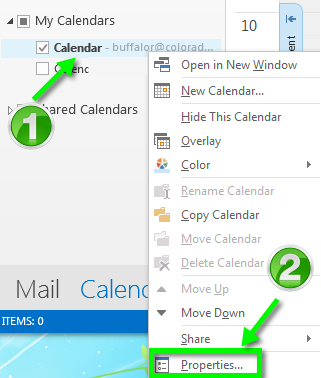

If your organization moves away from Google Apps, make sure to remove the domain - and thereby the associated emails - to ensure that future invitations from people who use Google Calendar route properly.This week I added a new calendar to my Google Calendars connected to my main Gmail account (also what used for my phone). If the email address isn’t linked to a Google Calendar, then the event invitation routes by email to the recipient. This alternative needs to be implemented with care to prevent data loss.Īs of February 2015, when you send a Google Calendar invitation, the invitation goes to the Google Calendar linked to the email address of the person you invite. As a result, a person’s email address would no longer be associated with a Google Calendar, thus ensuring that calendar invites would flow “outside” the Google Calendar system. Domain-linked user account logins should then no longer work at Google Apps. Option two: Another alternative would be to remove the domain association if your organization no longer uses Google Apps. Each person with a Google Calendar account associated with an email address would need to repeat the steps to subscribe. You can’t make changes to these items in Outlook - you’ll need to go to Google Calendar to do that - but you will see the items. With this setup, Outlook periodically pulls Google Calendar events and displays them on a separate calendar in Outlook. Option one: Subscribe to your Google Calendar in Outlook. There are at least two ways to ensure that you see Google Calendar invites as expected, even if you no longer actively use your Google account. In the case of my colleague, that meant she would no longer see the invitations unless she looked at her Google Calendar. If your email address is associated with a Google Calendar, invites to that email address will go to Google Calendar, even if your email routes elsewhere. In contrast, invitations between my Google Calendar and my Office 365 account worked, because the email address I use for Office 365 is not associated with any Google Calendar account. When it “found” her still-linked Google Calendar associated with her email address, it dropped the invitation into her calendar. When I would send a Google Calendar invitation, the system “looked” for any Google Calendar linked with her email address. Her email address, therefore, was still linked to her old Google Calendar. The domain association also remained active, so she could log in with her email address to her Google account. However, she had kept her Google Apps account active, even though mail no longer routed there.

Calendar invitations she sent to co-workers routed appropriately, and did calendar invitations sent to my Google Apps Calendar. Mail sent to her address routed to the new Office 365 account, as expected. emailĪs you’d expect, when her organization moved from Google Apps to Office 365, the tech folks changed the DNS records. It took me a bit to figure out what happened. We both saw the “missing” calendar invitations displayed on the screen. “Yes, but I still have my Google account,” she said, as she logged into Google Apps and opened a browser tab to her Google Calendar. “Wait - haven’t you switched to Office 365?” I asked. We opened Office 365 online and explored both Admin and Outlook settings. We opened Outlook on her desktop and looked at her settings, her rules, and her spam folders. A Google Calendar that I sent to an Office 365 account of mine worked, but calendar invitations between my Google Calendar and her Office 365 weren’t received. I deleted the invitation in Google Calendar, and the event disappeared, just like it should. I accepted the invitation in Outlook, and the acceptance showed up in Google Calendar. It worked - the invitation appeared in Outlook online as expected.

I sent a Google Calendar invitation to my own Office 365 account. I still don’t see anything,” she replied. A small IT firm handled the migration about a year ago. Her organization had used Google Apps, but then they moved to Office 365. I created a new calendar event in Google Calendar, added her email address to the invitation list, and sent the request.
Newly created shared calendar not showing up on android how to#
Andy Wolber explains how to fix this problem.

If your email address is associated with a Google Calendar, invites go to Google Calendar - even if your email routes elsewhere. How to resolve an invitation issue between Google Calendar and Office 365


 0 kommentar(er)
0 kommentar(er)
